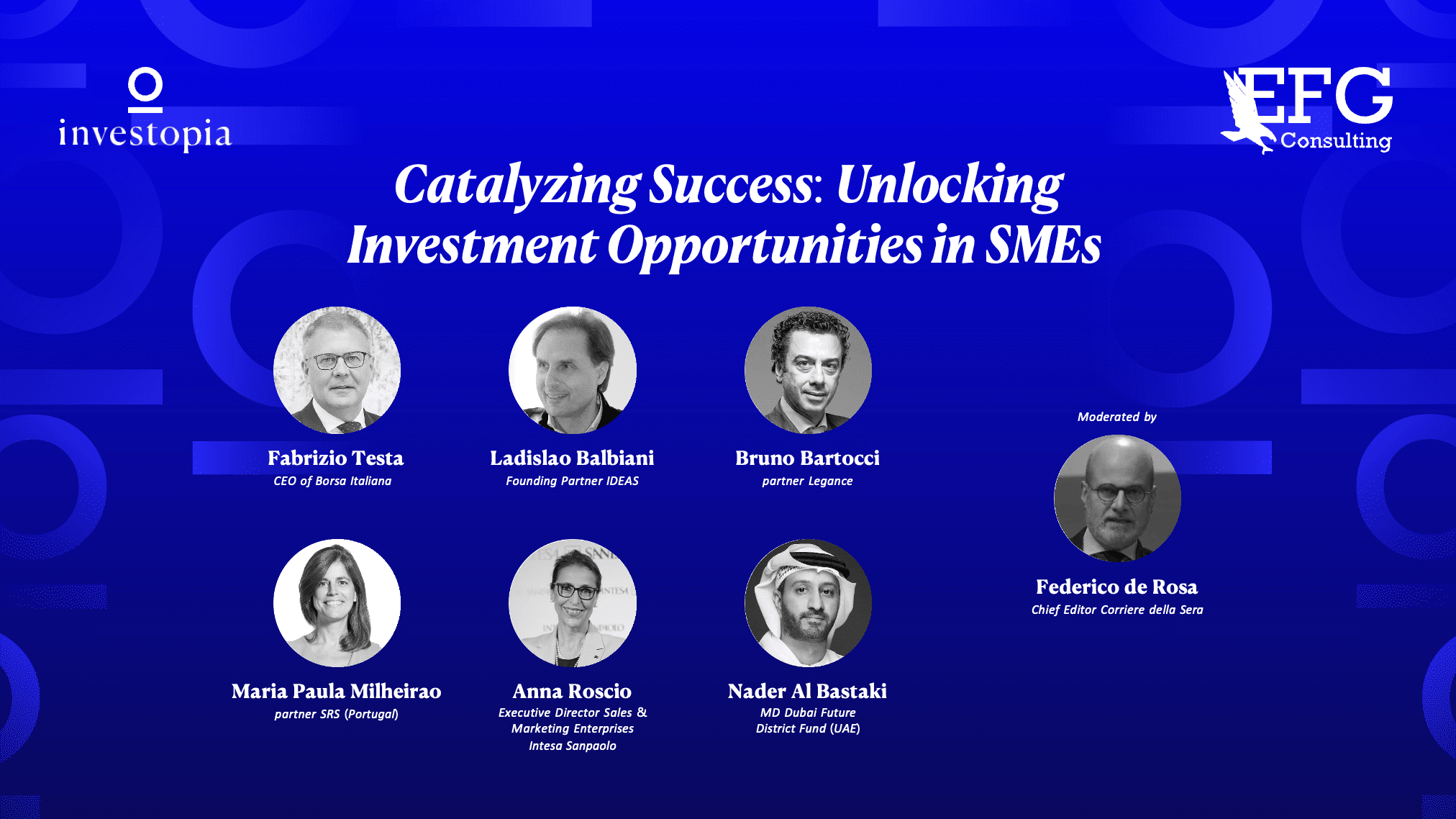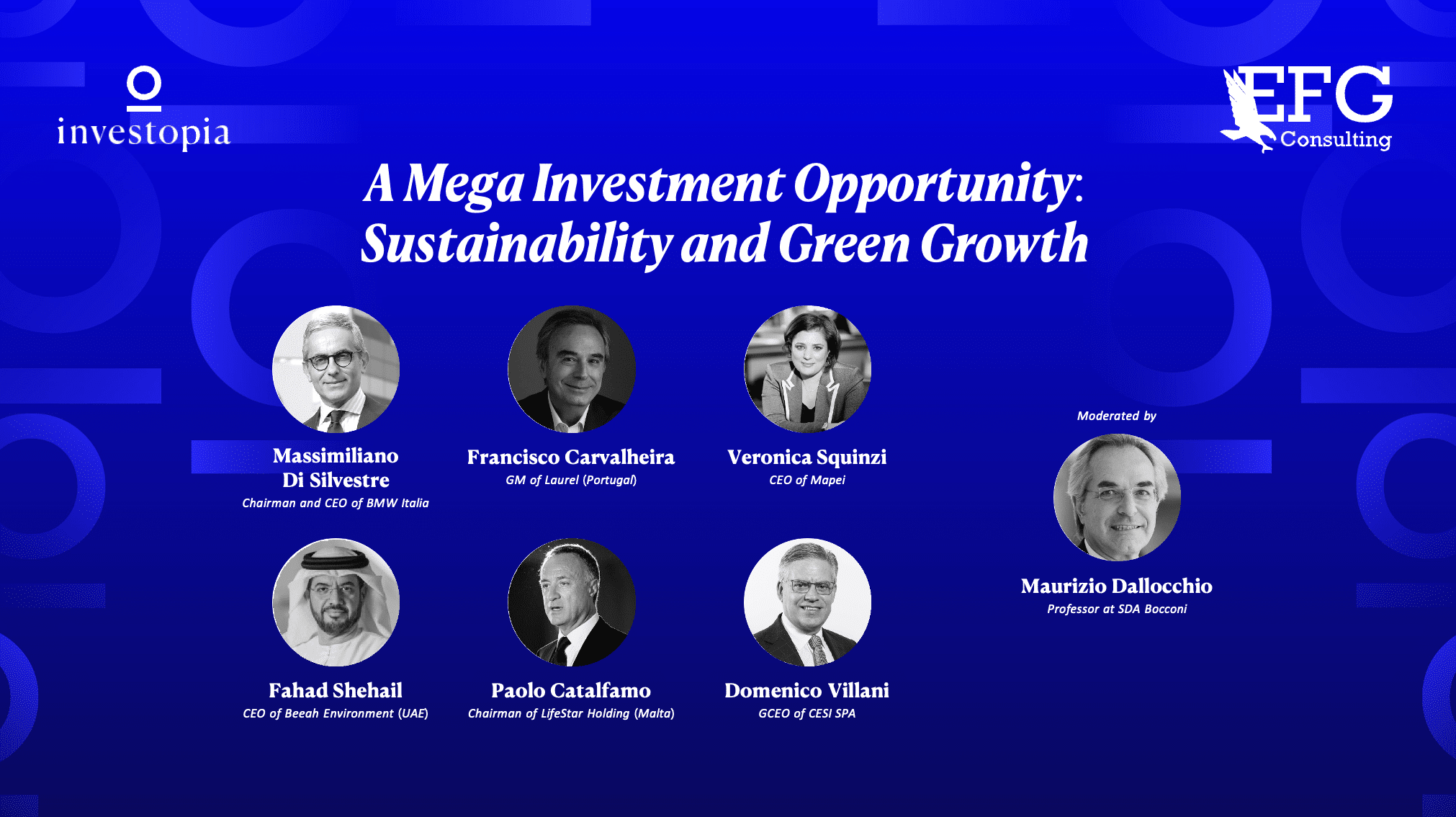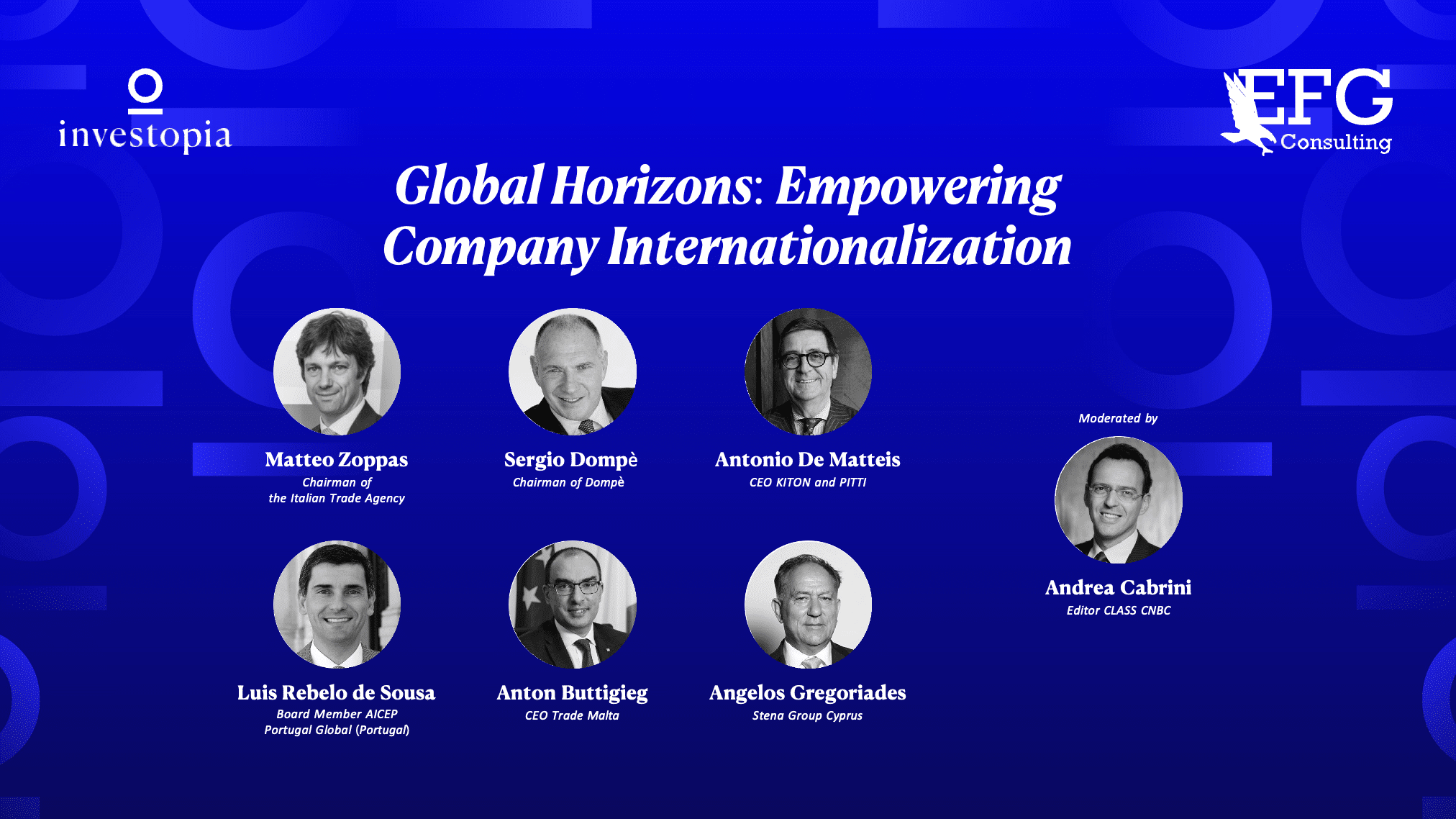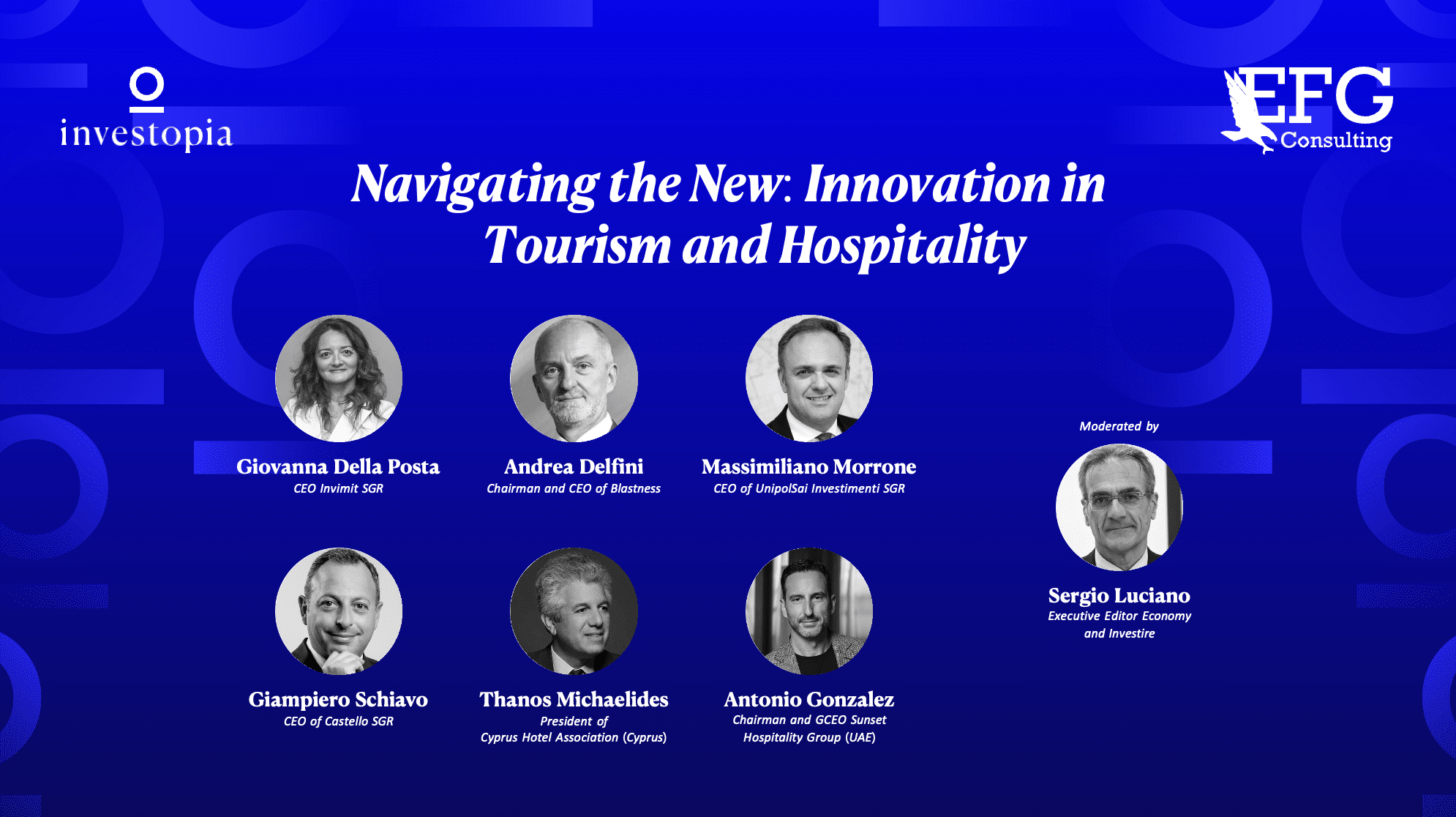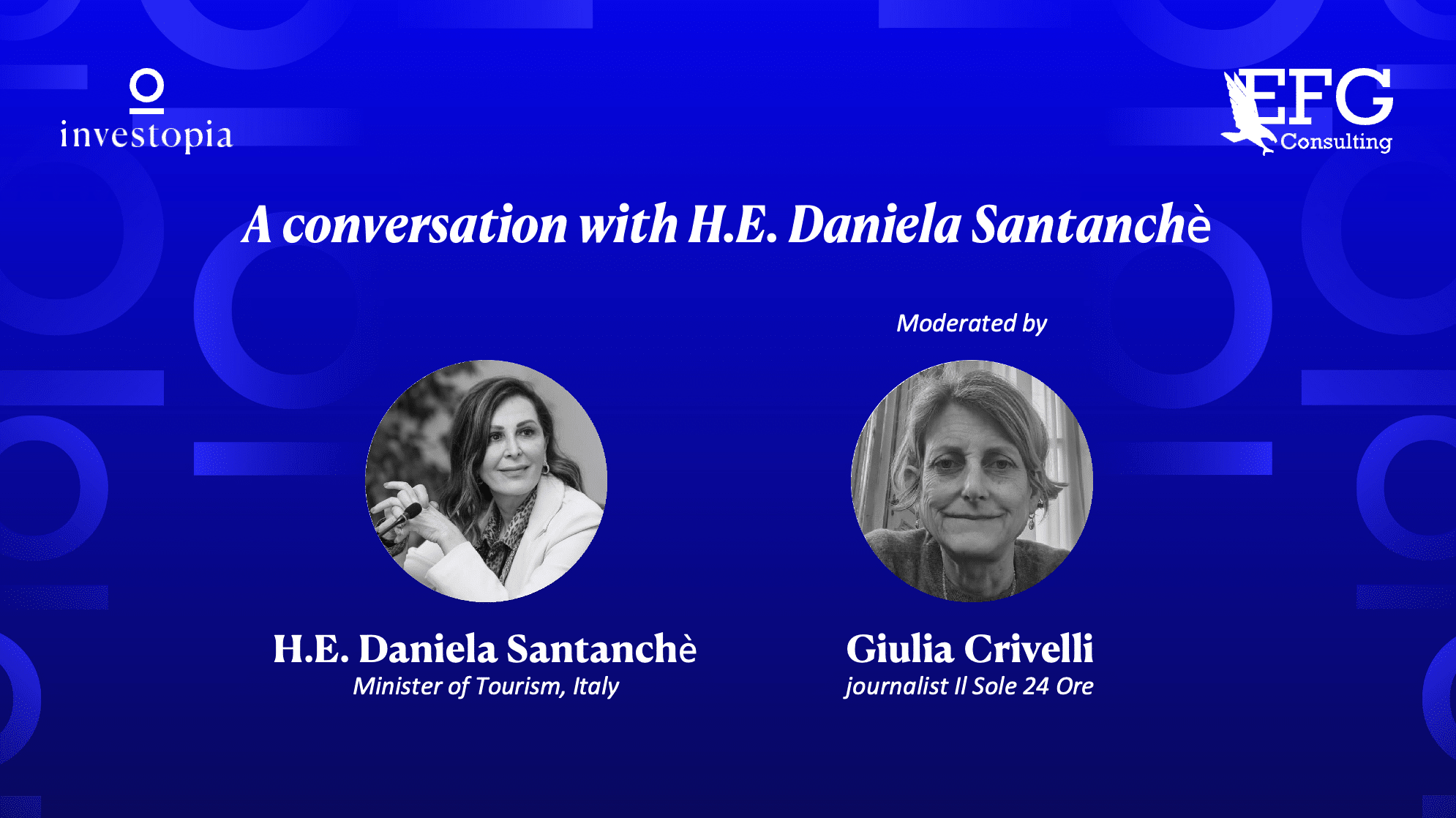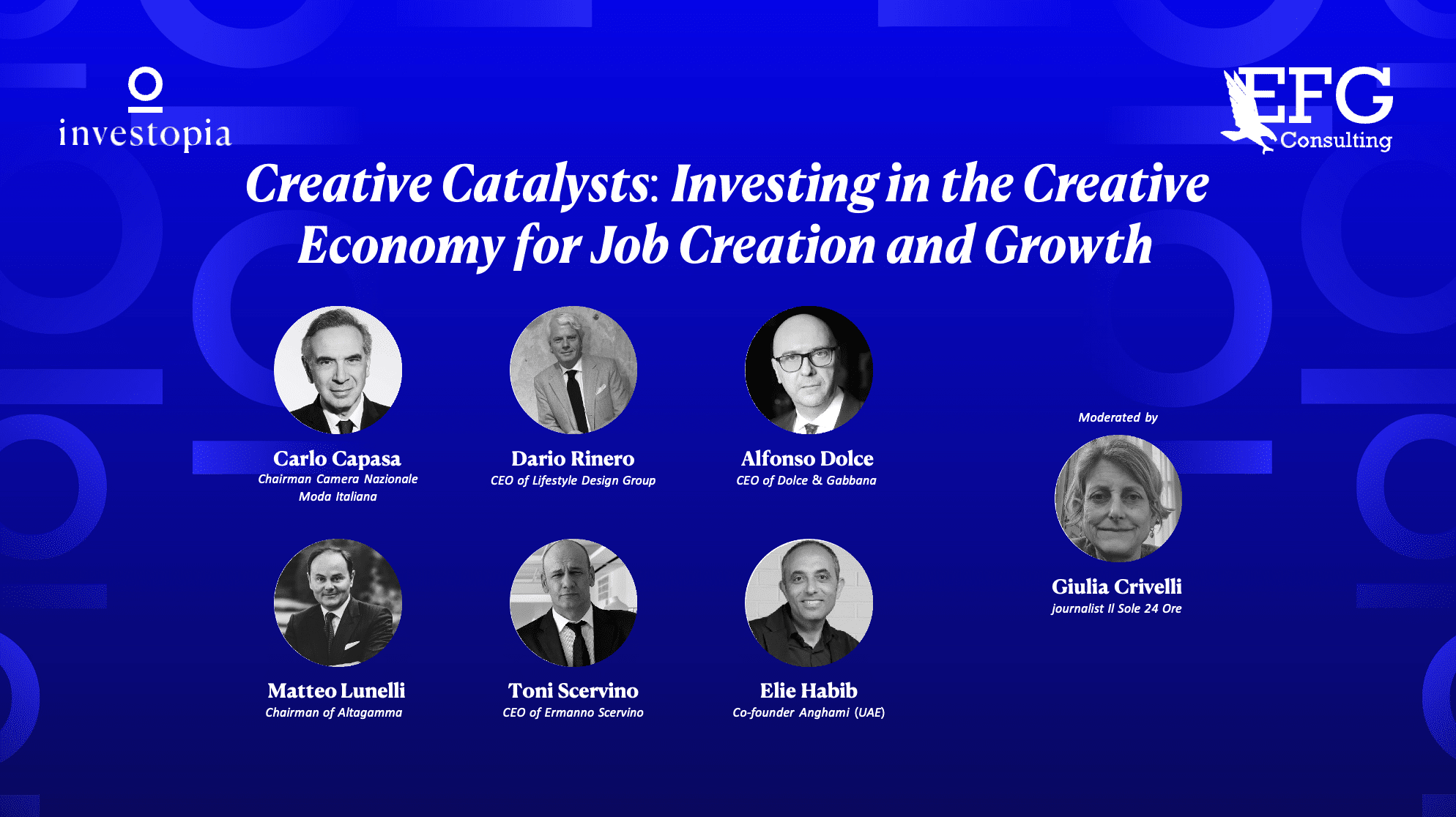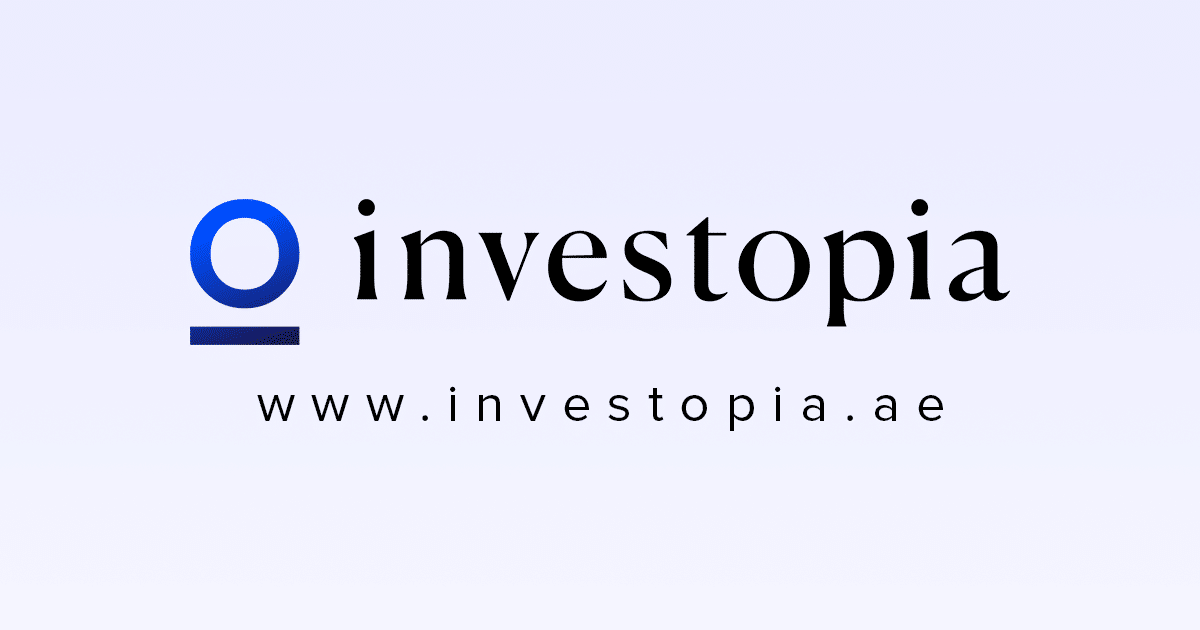Session Speakers:

Eric Anziani
President & COO, Crypto.com

Gautam Sharma
CEO & CIO of Brevan Howard Digital

Georgia Tolley
Presenter on Dubai Eye 103.8

Jenny Zeng
Founder & Managing Partner of MSA Capital
Share
Key Takeaways
- Major financial institutions are increasingly embracing digital assets, driving significant traction in the market.
- Blockchain technology is poised to disrupt traditional finance, offering efficiency gains and mass user accessibility through asset tokenization.
- Regulatory adaptation, exemplified by countries like the UAE, is crucial for facilitating the convergence of traditional and alternative finance.
- The tokenization of financial assets presents a transformative trend with vast investment opportunities.
- The fusion of digital currency and AI promises to usher in a new wave of the digital economy, unlocking innovative models and unicorn companies.
The intersection of traditional finance and emerging digital assets has become a focal point of discussion, as the world of alternative investments burgeons at a pace outstripping regulatory frameworks.
Moderating the discussion, Georgia Tolley, Presenter at Dubai Eye 103.8, probed speakers on various aspects of the convergence between traditional and alternative finance.
Joining this panel, Jenny Zeng, Founder & Managing Partner of MSA Capital, emphasized the increasing participation of major financial institutions in the digital asset space, highlighting the significant traction seen in the market, particularly with the launch of a bitcoin ETF attracting substantial inflows.
On the evolution of alternative investments, Eric Anziani, President & COO of Crypto.com, noted the early emphasis on institutional participation for credibility. He elaborated on how institutions are now integrating digital assets into various financial products and services, underscoring the potential for growth in the industry.
Gautam Sharma, CEO & CIO of Brevan Howard Digital, further explored the disruptive potential of blockchain technology in traditional finance, emphasizing its role in reducing costs and expanding access to mass users through asset tokenization.
The conversation touched upon regulatory challenges and the need for countries to adapt to the evolving landscape.
Looking ahead, the tokenization of financial assets emerges as a transformative trend, with experts projecting a $16 trillion industry by 2030. Tokenization not only simplifies complex assets like real estate but also paves the way for the tokenization of deposits and stocks, expanding the scope of financial inclusion and investment opportunities.
In tandem with these developments, the fusion of digital currency and AI promises to usher in a new wave of the digital economy, unlocking innovative models and unicorn companies.
Beyond finance, public blockchains are poised to revolutionize various industries, from telecommunications to network connectivity, unlocking a myriad of fascinating possibilities.
As investors and institutions navigate this evolving landscape, the time to embrace alternative investments is now. While challenges remain, the potential for transformative collaborations and adaptations to regulatory frameworks underscore the significance of this convergence.



